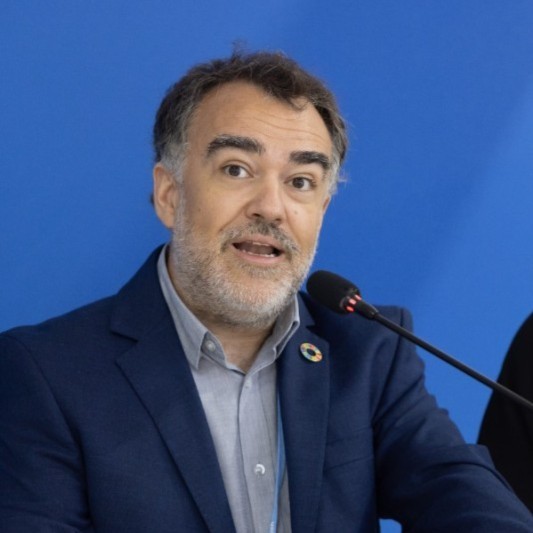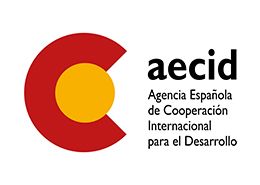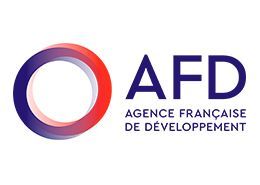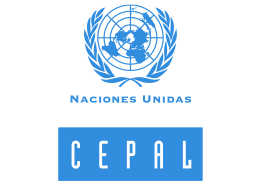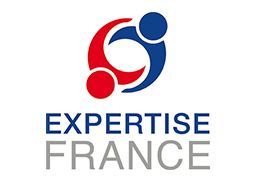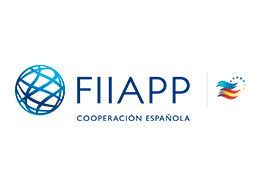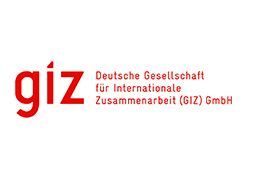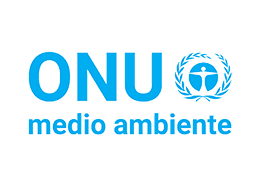Water management with an urban resilience perspective
A thematic area driven by: the French Development Agency (AFD) and the Spanish Agency for International Development Cooperation (AECID)
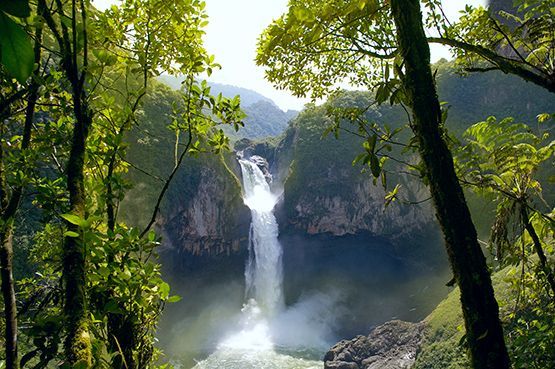
Latin America
Water channels most of the impacts of climate change on society and ecosystems, so it must be
a central issue in adaptation strategies. In addition, Central America and South America are the
geographical regions with the highest urban population index (80.4% and growing), after North
America (81.6%) and well above the global average (United Nations, 2014).
According to the IPPC regional report on adaptation, the provision of critical resources, services
and infrastructure are determinant factors in urban vulnerability, accentuated by climate
change. This is especially true in the water sector. The importance of water management for
adaptation to climate change has also been underscored in the “Paris Pact on water and
adaptation to climate change in the basins of rivers, lakes and aquifers” that was presented to
COP21.
In addition, the water sector already occupies a fundamental place in the climate change
adaptation strategies for most countries. Regarding the NDCs, 82% include a specific section
dedicated to adaptation. Of these contributions, 92% mention water, which indicates the
relevance and priority of that topic“(FWP, 2015).
Goal: The objective of the “Water management in the context of urban resilience” component is to
strengthen the resilience of urban areas through better water management, improving the
access of the most vulnerable populations to potable water and ensuring the quality of water
resources to reduce negative impacts on health and the environment and increasing their
availability.
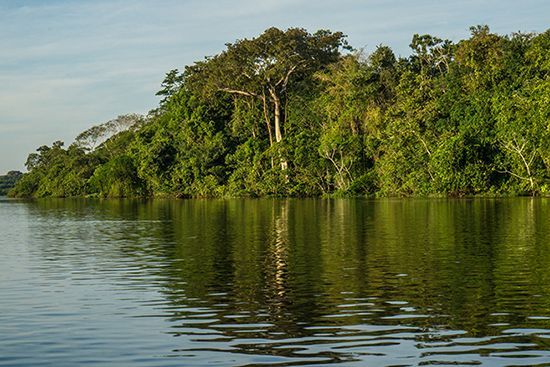
- Strengthen the resilience of urban areas through better water management.
- Improve access to potable water for the most vulnerable populations.

The “Water management in the context of urban resilience” component has a budget allotment of 10 million euros.

- The resilience of cities is reinforced through better water resource management and the promotion of potable water access for all (i.e.: urban resilience strategies are established to confront the risk of water stress caused by access problems or resource shortages), standards are established and efficient water use is encouraged, and the information for planning including environmental monitoring networks (focused on water resources) is available, etc.).
- The quality of water resources is preserved in order to reduce negative effects on health and increase their availability (e.g.: sources of contamination are identified, sources (basins) are protected, stretches of rivers in urban areas are recovered, urban and industrial wastewater treatment systems are operational, discharges and wastewater are used to generate energy and obtain by-products such as fertilizers, etc.).
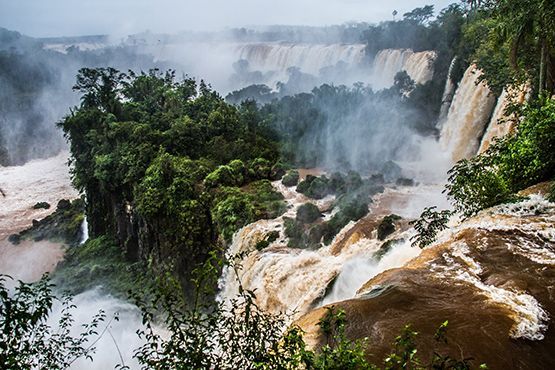
Work team


